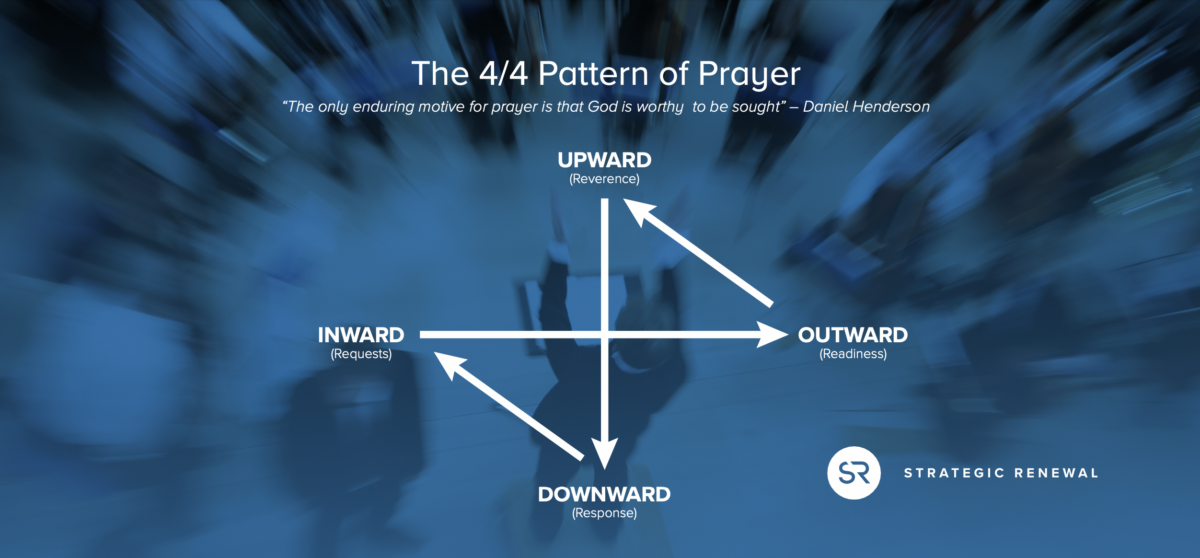We’ve all known highly successful and quite impressive people who have excelled in their professional pursuits but failed miserably in relationships. Without using names to expose the guilty, I think of:
- A wealthy businessman who knew how to run a company and found great financial success but destroyed his marriage and was despised by his children.
- A life-long pastor, skilled preacher, and astute theologian who dishonored his wife and alienated his children.
- A community activist mom who helped organize school programs, drove her children to excel, and was a go-to person for projects in the church but cheated on her husband.
I am guessing you have known these people too, plus a dozen more just like them. Although the names and locations vary, the behaviors are all too common.
Truly Wise?
Were these people wise? Well, yes – and no. They utilized knowledge and skill in order to accomplish something. This would demonstrate some of the qualities we often recognize as practical acumen and which are even found, to some degree, in the Book of Proverbs. However, from a New Testament standpoint, these high-achievers were fools. Foolish people annihilate relationships on the altar of accomplishment.
Foolish people annihilate relationships on the altar of accomplishment.
An annual survey revealed recently that nearly 41 percent of Americans said they didn’t take a single vacation day during the previous calendar year, almost exactly the same number as the previous year. According to the survey, almost 17 percent said they took fewer than five vacation days. Whatever this reveals about us, it is clear that many of us are so obsessed with the idea of “human doings” we may have forgotten how to be “human beings.” As one mentor of mine used to say, “Busyness destroys relationships.”
It is clear that many of us are so obsessed with the idea of “human doings” we may have forgotten how to be “human beings.” As one mentor of mine used to say, “Busyness destroys relationships.”
Your Paramount Needs
So as we jump all-in with the importance of wisdom in life, let me ask, “What are your greatest needs in this earthly journey?” Have you seriously pondered this question lately? As a pastor for over 35 years, I have encountered sincere believers who have not given a lot of thought to this query. I’ve also known many whose answers were superficial and unsatisfying.
Distinguished author and Rabbi Harold Kushner wrote, “No one ever said on their deathbed, ‘I wish I’d spent more time at the office.’” The notoriety of this statement stirs something within us.
No mother comes to the end of her life wishing she had organized just one more cupboard. She does long for her children to be assured of her abiding love. No businessman desires to have his portfolios neatly stacked next to his deathbed as he takes his final breath. He does desire to be surrounded by caring, grateful family and friends. No wife comes to the end of the journey regretting that she had not acquired more decorating ideas from HGTV. She does hope to feel the warm embrace of a loving husband. No doctor takes her last breath obsessed with disappointment that she did not write just one more article for that medical journal. Rather, she longs to remember the faces of patients whose lives were changed by her attentive care.
No Christian steps across the threshold to eternity regretful that he did not sign another petition protesting a liberal government. He does rejoice in the lives that came to Christ that will join him in heaven because of his personal influence for the gospel.
So, I ask again, “What are your most profound needs in this earthly journey?” Instinctively we know that there is something beyond the noise of a society that allures us to pursue temporary notoriety, artificial accomplishments, shallow social media connections, and the accumulation of more stuff.
But note: Our creator’s supreme commands for our lives are simple, pure, pointed. They stand out in the owner’s manual of Scripture like Shaquille O’Neill at a family reunion of little people. They resound unmistakably: Love God. Love Others (Matthew 22:37-40). These are the highest and best prescriptions of the power of the gospel. We now can have transforming love relationships with a holy God. We now have supernatural capacity to experience this love in community – the community of marriage, family, friendship, and Christian fellowship. Because He knows our core longings and He desires our highest good, He calls us to pursue loving, meaningful relationships with all our heart, soul, mind, and strength.
That is where wisdom intersects our path with supernatural force. New Testament wisdom is more than a set of pithy sayings to help us climb just a little higher on the ladder of secular achievement. New Testament wisdom is Jesus Christ – embraced, experienced, exemplified, and exalted in our lives and relationships.
New Testament wisdom is Jesus Christ – embraced, experienced, exemplified, and exalted in our lives and relationships.
Wisdom = Authentic Relationships
In the process of praying through the concepts of gospel wisdom I have been struck with an amazing truth, like a lightning burst in the dimness of a summer evening in Colorado. Here it is: New Testament wisdom always excels in authentic relationships. You could say that the acid test of real gospel wisdom is the quality and godliness of interpersonal relations.
New Testament wisdom always excels in authentic relationships. You could say that the acid test of real gospel wisdom is the quality and godliness of interpersonal relations.
In all probability, your traditional understanding of wisdom might be assisting you in spending more time, productive time, successful time at the office – or other tasks of choice. But gospel wisdom is not just about making good decisions concerning a future course. It is more about making the best decisions on how to love your wife, respect your husband, nurture your children, and honor your parents. New Testament wisdom is not just about finding the right strategy to achieve a profitable outcome. Rather, it is about finding the best way to reflect Christ’s character as you esteem your friends, serve your neighbors, pray for your church leaders, and inspire your work associates with the example of a godly – and relational – life.
Christ the Picture of Wisdom
James (the half-brother of Christ) had a primary concern for the relationship struggles that existed among the believers to whom he wrote. Specifically he confronted them about:
- Anger (1:19-20)
- Prejudice and partiality (2:2-13)
- A lack of compassion for the needy (1:27, 2:14-17, 5:1-6)
- Unbridled tongues and relationally destructive speech (1:26, 3:1-12, 4:11-12)
- Jealousy, selfish ambition, and relational disorder (3:14-16)
- Interpersonal quarrels and fights (4:1-2)
This description reminds us of common struggles in our families, typical problems in our churches, and certainly the news headlines in our nation in recent days. What did these early believers require in order to remedy these relational woes? Not another self-help book about better communication. Not more savvy negotiation skills. Not a seminar on anger management.
They needed “wisdom from above” (3:17-18) and were compelled to ask God for this wisdom with the assurance that He was generous in giving it to them (1:5).
James’ description of the “wisdom from above” is found in James 3:17-18. As you read it, ask the Lord Jesus to demonstrate these qualities in and through your life this week. It is a prayer He loves to answer.
“But the wisdom from above is first pure, then peaceable, gentle, open to reason, full of mercy and good fruits, impartial and sincere. And a harvest of righteousness is sown in peace by those who make peace” (James 3:17–18).
Copyright © 2020 Daniel Henderson. All rights reserved.





